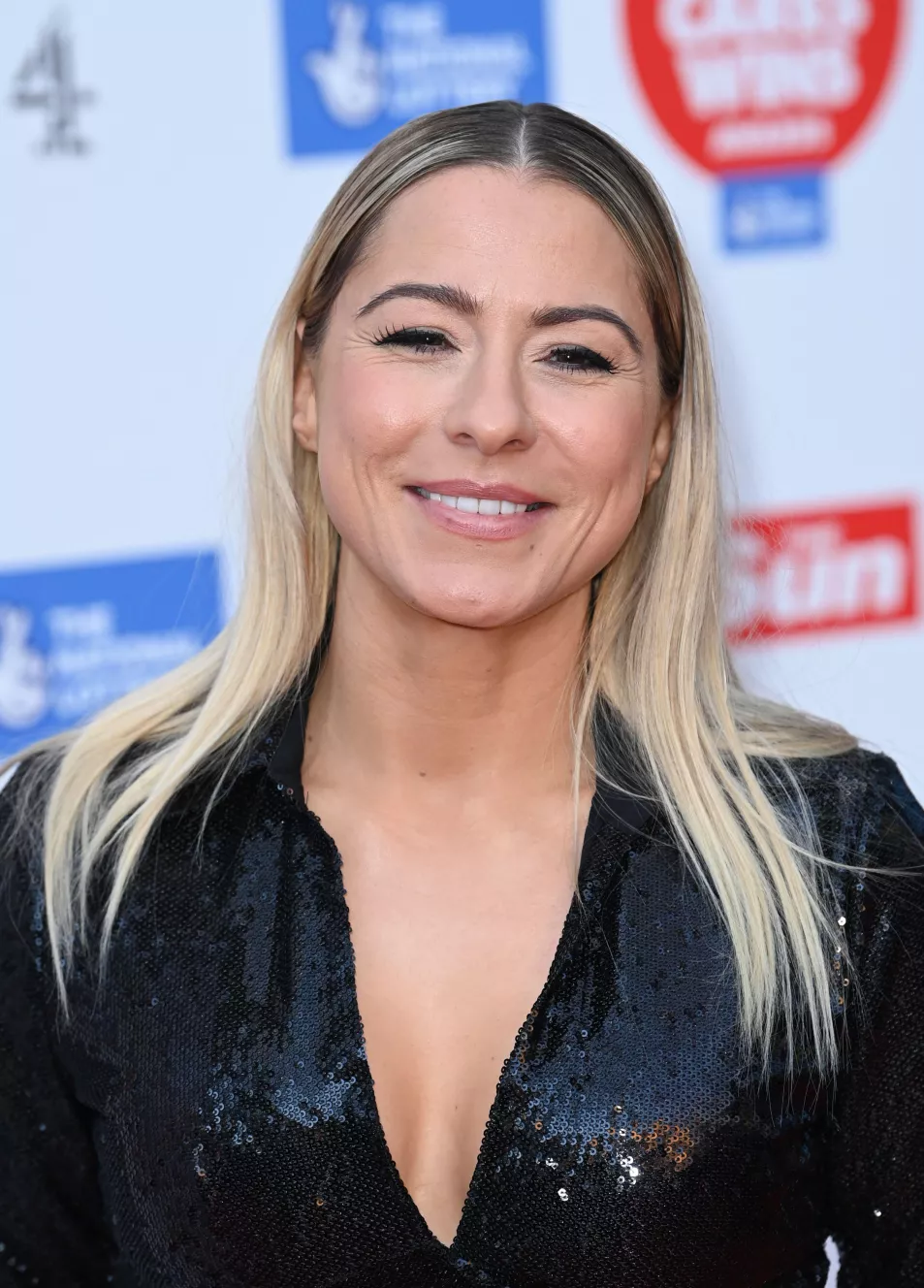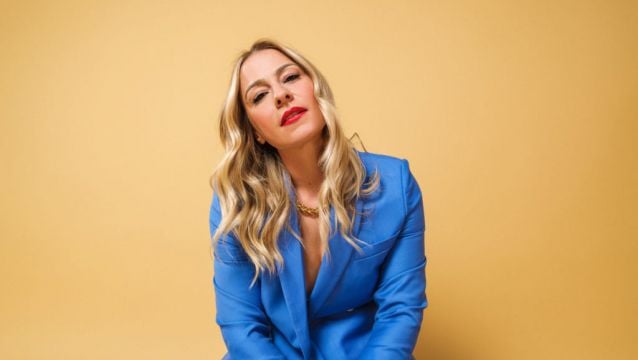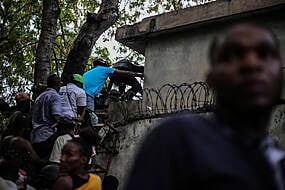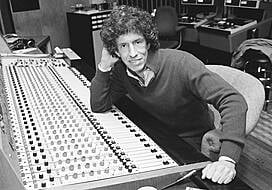An apology from Simon Cowell paved the way for Lucy Spraggan’s healing process nearly a decade after she was raped while a contestant on The X Factor, she has revealed.
“When I heard he (Simon) wanted to speak to me, I thought I’d give him a piece of my mind,” the singer-songwriter says.
“He called me, and said, ‘Before either of us say anything, I need to tell you I’m sorry’. That broke me.”
In her explosive memoir Process: Finding My Way Through, she has detailed how the pair have become friends.

The music mogul’s apology came in 2021 after she wrote to the companies behind The X Factor: ITV, Fremantle and Syco, Simon Cowell’s company, detailing her experience in 2012.
“I didn’t know how much I needed that. It was like that scene in Beauty And The Beast when the beast transforms,” the 31-year-old says.
“All of my anger just went, and up until that point that’s what the book was – just anger. With his apology, I was able to heal, and I threw away 40,000 words and restarted my book from that place of healing.
“Simon has now become a friend – we speak regularly, I have visited him and his family and we spend time together.”
In the memoir the singer-songwriter, whose hits include Last Night (Beer Fear) and Tea And Toast, recounts that she was raped in her hotel room by a porter who used a traceable keycard to gain access. He pleaded guilty and was given a 10-year jail sentence.

When Caroline Flack died by suicide in 2020, Spraggan thought it would push TV companies into a corporate shift towards looking after their stars better. It was the presenter’s death which inspired her to write the book, she says.
“Caroline is actually the name of one of the songs on my new album. When she died, I thought there would be an industry wide change to look after not only future stars, but go back historically to help anyone involved in reality TV.
“When that didn’t happen, I knew that I needed to write this book, to tell my truth, and be someone to try and make change happen.”
In response to the issues raised in the book, in a statement, ITV said it had the “deepest compassion for Lucy” and that the production companies were primarily responsible for the duty of care towards all of its programme contributors.
It added that it is “committed to having in place suitable and robust oversight procedures to ensure independent producers employ the correct processes to protect the mental health and welfare of participants.
“We have evolved and improved these oversight procedures since the events in question,”
While a spokesperson for Fremantle said: “Whilst we believed throughout that we were doing our best to support Lucy in the aftermath of the ordeal, as Lucy thinks we could have done more, we must therefore recognise this. For everything Lucy has suffered, we are extremely sorry. Since then, we have done our very best to learn lessons from these events and improve our aftercare processes.”

For many years after the attack, Spraggan struggled with depression and descended into a downward spiral of drugs and alcohol. She felt petrified of what people would say, ashamed and fearful of being known as ‘that girl off The X Factor’, she writes.
“Still, almost 11 years on, I still get people saying, ‘Are you Lucy Spraggan off The X Factor’? My name and that show have been linked together ever since, so I needed to reclaim my identity from that.
“A big part of that was working on my body, to care for my body by feeding it the right foods and exercising so that it could help my mind.”
Spraggan quit booze in 2018 -“If I hadn’t, I would have either ended up in prison, or worse” – and threw herself into an obsessive exercise regime that would see her lose three stone and build a lot of muscle, later having a breast augmentation, she explains in the book.
Years of therapy, quitting booze and drugs and taking up running has helped her feel ready to tell her story, she writes.
“I’ve been working so hard with myself,” she continues. “In the last 12 months I’ve been working on not giving a s*** what everyone thinks about me.”
“It took me a long time to get to the point where I felt comfortable telling my story. If this book helps one person, that would be enough for me.
View this post on Instagram
“I still struggle some days, but I have learned to be kinder and more understanding to myself.”
She staves off negative thoughts through exercise, going to the gym five times a week, running 5k twice a week, and meditating, but no longer exercises obsessively, she says. She also practices mixed martial arts, adding: “I’m hyper-vigilant and am always looking around.”
And her music career is thriving. She’s due to release her seventh album, Balance on August 11, and she mentions the huge support she has received from the LGBTQ+ community.
Now, she hopes to lead what she calls a ‘mental health pension scheme’.
“For each show companies have a gross budget, and I want a percentage of that to be dedicated to resources for everyone in the show – from contestants and runners to producers and judges – so that they always have access to mental health support.
“I invite all companies to come talk to me and have that conversation together to see how we can build something better for the future.”
She adds: ‘I have no interest in tearing anything and anyone down. The most powerful thing you can do is build. I want to be a changemaker. I want to help people and companies do better.”
Process: Finding My Way Through by Lucy Spraggan published July 20th by Blink







